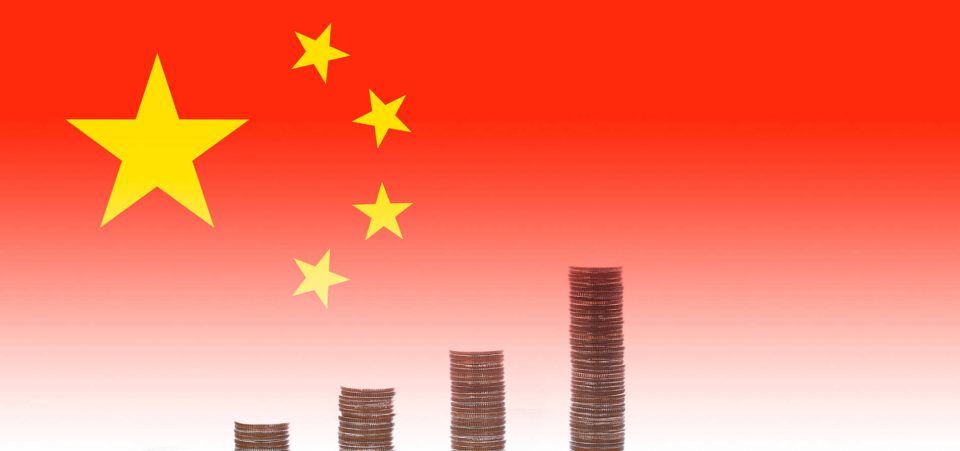Growth Slows in the Middle Kingdom
As the world’s emerging superpower, China has been the focal point of economic growth in the last decade. But now, third-quarter gross domestic product (GDP) growth has slowed to 6.7%, continuing a long-standing trend in the country’s output levels.
Many analysts had calculated that slowing exports would be counterbalanced by a surge in real estate prices, thus preventing a sharper fall in GDP. Markets had absorbed these forecasts into pricing well before the numbers came out, so they were unmoved by the new data. (Source: “China Q3 GDP grows 6.7% on-year, in line with estimates,” CNBC, October 19, 2016.)
However, there is growing faction of analysts who believe the real story of China’s economy lies deeper in the numbers. These analysts believe the data may be underselling current economic growth in China, but that it also distracts from how severe the country’s long-term problems are.
“As always, the GDP figures will be met with some skepticism,” Julian Evans-Pritchard, the China economist at Capital Economics, wrote in a note to clients. “We think that the official figures, which failed to reflect much of the sharp slowdown in growth shown by our measurements last year, are now failing to acknowledge a recent pick-up in growth.”
That’s good news for China bulls who were worried about a hard landing, but they shouldn’t take too much comfort in the short-term bump, says Evans-Pritchard. He says the brief surge was financed by rampant use of credit, which will come around to haunt the country before long.
“The recent recovery is ultimately on borrowed time given that it has been driven in large part by faster credit growth and a property market boom, both of which policymakers are now working to rein in,” he wrote. “As the boost from policy stimulus begins to wear off, probably at some point early next year, continued structural drags mean the economy is set to begin slowing again.”
These comments are thrown into sharp relief by China’s series of stock market crashes that began in June 2015. The crashes and subsequent recoveries showed a direct relationship to policy changes on margin trading, which deals with the use of credit on the stock market.
Evans-Pritchard was hardly alone in his pessimism on the Chinese economy.
“The real problem in China is that it’s a finger in the dike situation,” Andrew Collier, managing director at Orient Capital Research, told CNBC’s Street Signs. “Western investors get consumed with policy noises while Li Keqiang and Xi Jinping are busy putting out forest fires by flooding the market with cash and negotiating defaults.”






